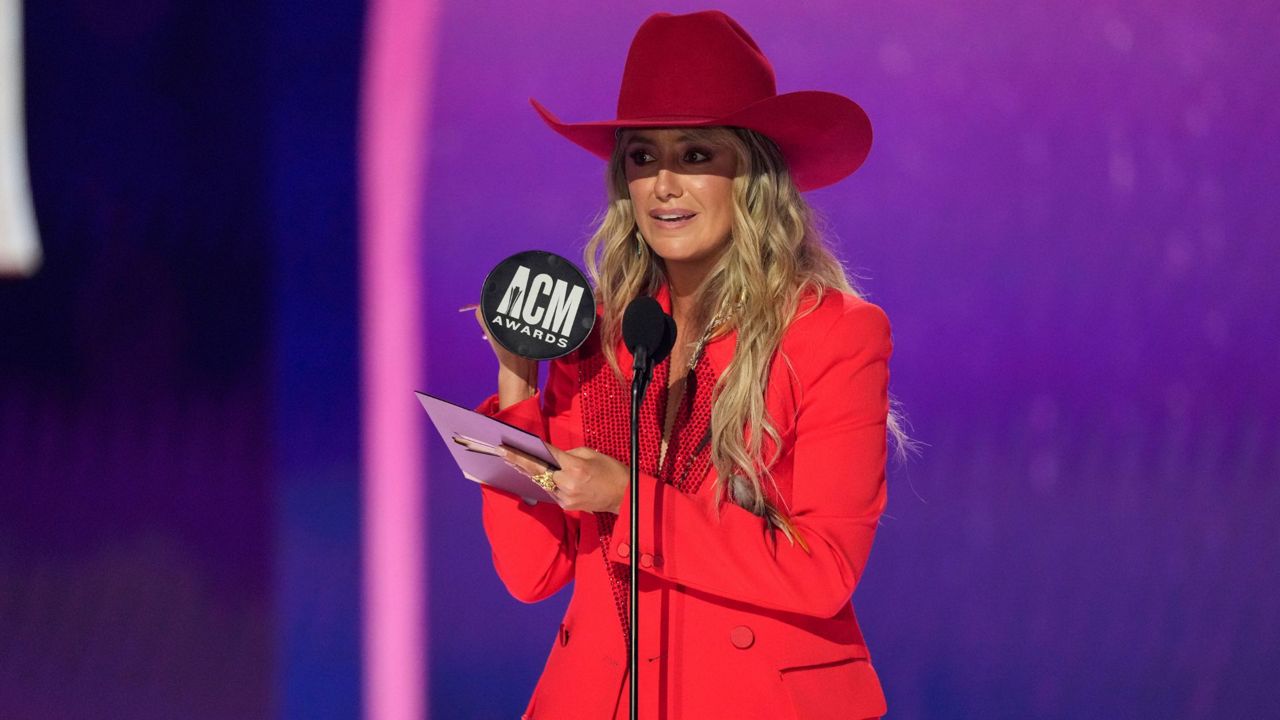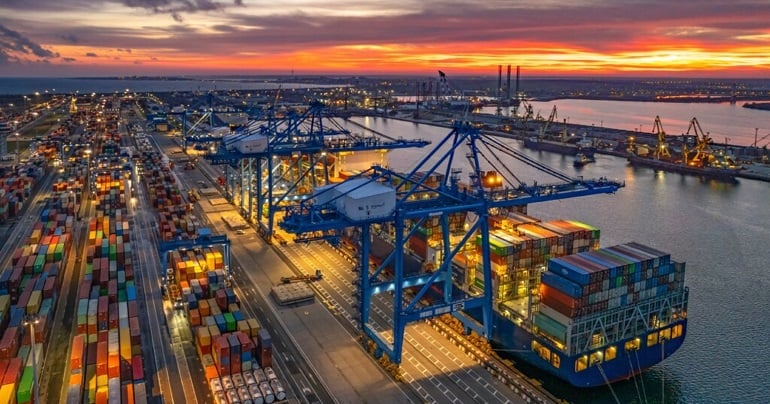Infra
Building a Resilient Water Supply System in Indonesia: Institutionalizing disaster risk reduction in water supply infrastructure management – Indonesia

AT A GLANCE
Country: Indonesia
Risks: Multi-Hazard
Area of Engagement: Promoting resilient infrastructure
GFDRR partnered with an educational institution in Indonesia to bolster the capacity of the country’s water utility operators — shaping training modules that are now integrated into the curriculum and ensuring the sector’s long-term resilience and sustainability.
POPULATION AND ENVIRONMENTAL CHALLENGES THREATEN SUSTAINABLE WATER SUPPLY
Rapid urban growth in Indonesia has surpassed the expansion of the country’s water supply infrastructure and has led to challenges in meeting the increasing demand for clean water in urban areas. As local water utilities grapple to provide sufficient coverage, the significant gap between capacity and demand becomes starker. Land-use changes, deforestation, pollution, and excessive groundwater extraction further exacerbate the vulnerability of many areas to flooding and drought. Climate change and natural disasters compound the challenges, threatening the security and sustainability of water resources. Local water utilities will need to confront the dual challenge of mitigating climate and natural disaster risks while enhancing their internal management systems.
MAINSTREAMING DISASTER RESILIENCE INTO WATER SUPPLY INFRASTRUCTURE
The Global Facility for Disaster Reduction and Recovery (GFDRR) aimed to strengthen the awareness and capacity of water supply service providers in Indonesia by enabling them to develop comprehensive disaster risk management and climate change adaptation plans for water supply infrastructure. The primary focus was on addressing seismic and hydro-meteorological risks such as floods, droughts, and landslides. By equipping providers with essential skills and knowledge, GFDRR supported Indonesia in implementing effective mitigation and response strategies, ensuring the longterm resilience and sustainability of water supply systems in the face of these hazards.
GFDRR collaborated with the Akademi Teknik Tirta Wiyata (AKATIRTA), a higher education institution that trains environmental engineering professionals in water supply and sanitation, to enhance AKATIRTA’s capacity in delivering training programs. The funding provided by GFDRR enabled the World Bank’s technical teams to conduct a comprehensive report that specifically targets urban water supply planning and management practices that enhance resilience to geophysical and climate-related hazards.
The resulting report features three case studies — Magelang City, Bantul District, and Makassar City — of local water supply providers across Indonesia. The case studies investigated water utility providers’ prevailing management challenges and their level of ability to effectively address climate change and disaster risk issues. The studies delved into each provider’s understanding of climate change and natural disaster risks, their disaster mitigation strategies, the gaps and limitations in their operations, and the essential requirements for capacity enhancement and technical assistance.
The report also lays out systematic procedures for risk-based system planning and effective engineering solutions. AKATIRTA — along with selected government institutions, water utility providers, and development partners working in the sector — provided feedback through a series of knowledge sharing workshops and ensured the practicality and applicability of the report’s recommendations.
The insights from the report played a pivotal role in shaping the development of comprehensive training modules that are now integrated into AKATIRTA’s academic curriculum.
These modules also emphasized the importance of social inclusion, ensuring that the diverse perspectives of different communities are incorporated into the training. As a result,
AKATIRTA graduates working in water utilities now possess enhanced knowledge of disaster risk management and climate adaptation, enabling them to incorporate these vital principles into their day-to-day operations.
AKATIRTA also successfully utilized the modules to provide training to water utilities, resulting in at least three utilities implementing these modules. This adoption has equipped these water utility providers with the knowledge and tools to effectively curb the impact of disaster and climate risks within their respective operations.
Previous assessments of Indonesia’s water supply sector have primarily focused on challenges related to governance and utility management. These challenges encompass issues such as insufficient system coverage, operational weaknesses, and financial constraints. However, it is crucial to acknowledge that the water supply sector encounters additional complexities beyond these factors.
Partnerships with AKATIRTA, the Ministry of Public Works and Housing’s Directorate for Drinking Water Supply Development, and other stakeholders have been instrumental in achieving positive outcomes. With support from both GFDRR and the World Bank, in conjunction with local expertise and collaborative efforts, Indonesia’s capacity to address disaster and climate risks in water supply infrastructure has been strengthened. Ultimately, these initiatives contribute to a more resilient and sustainable water sector in the country.










